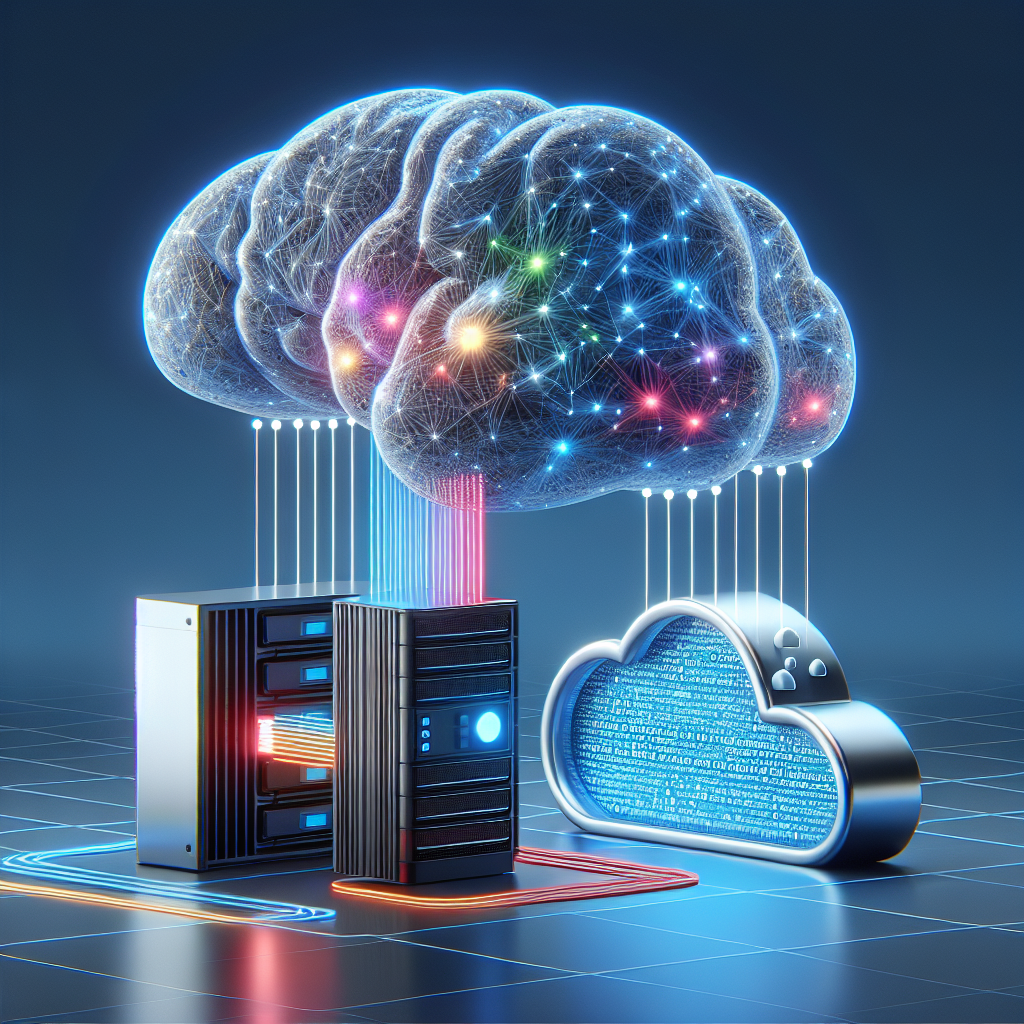The Role of AI in Optimizing Cloud Computing Resources
Cloud computing has revolutionized the way businesses operate by providing on-demand access to a wide range of computing resources. With the rise of big data and the increasing demand for high-performance computing, the need for efficient management of cloud resources has become more critical than ever. This is where artificial intelligence (AI) comes into play, offering a powerful tool for optimizing cloud computing resources and maximizing performance.
AI algorithms can analyze vast amounts of data and make intelligent decisions in real-time, enabling cloud providers to allocate resources more efficiently, reduce costs, and improve overall performance. By leveraging AI, cloud computing providers can automate resource management tasks, predict future resource needs, and ensure optimal performance for their customers.
One of the key benefits of using AI in cloud computing is its ability to adapt to changing workloads and optimize resource allocation on the fly. Traditional resource management techniques often rely on predefined rules and thresholds, which can be rigid and inefficient in dynamic cloud environments. AI, on the other hand, can learn from past behavior and make predictions based on real-time data, allowing for more agile and responsive resource allocation.
AI can also help cloud providers identify and address potential bottlenecks in the system, such as network congestion or storage limitations, before they impact performance. By analyzing historical data and patterns, AI algorithms can detect anomalies and proactively adjust resource allocation to prevent slowdowns or downtime.
Furthermore, AI can be used to optimize energy consumption in cloud data centers, reducing costs and environmental impact. By analyzing workload patterns and power usage data, AI algorithms can identify opportunities for energy savings and optimize the distribution of computing resources to minimize power consumption.
In addition to resource optimization, AI can also play a crucial role in enhancing security in cloud computing environments. AI-powered security tools can analyze network traffic, detect suspicious behavior, and respond to cyber threats in real-time, helping to protect sensitive data and prevent unauthorized access.
Overall, the integration of AI in cloud computing offers a range of benefits for both cloud providers and their customers, including improved performance, reduced costs, enhanced security, and greater efficiency. As the demand for cloud services continues to grow, AI will play an increasingly important role in optimizing resource management and ensuring a seamless user experience.
FAQs
Q: How does AI optimize cloud computing resources?
A: AI algorithms analyze data in real-time to make intelligent decisions about resource allocation, adapt to changing workloads, predict future resource needs, and proactively address bottlenecks and inefficiencies in the system.
Q: What are the benefits of using AI in cloud computing?
A: AI can help cloud providers automate resource management tasks, improve performance, reduce costs, enhance security, and optimize energy consumption in data centers.
Q: How does AI enhance security in cloud computing?
A: AI-powered security tools can analyze network traffic, detect suspicious behavior, and respond to cyber threats in real-time, helping to protect sensitive data and prevent unauthorized access.
Q: What is the future of AI in cloud computing?
A: AI will continue to play a crucial role in optimizing resource management, enhancing security, and improving overall performance in cloud computing environments as the demand for cloud services grows.

